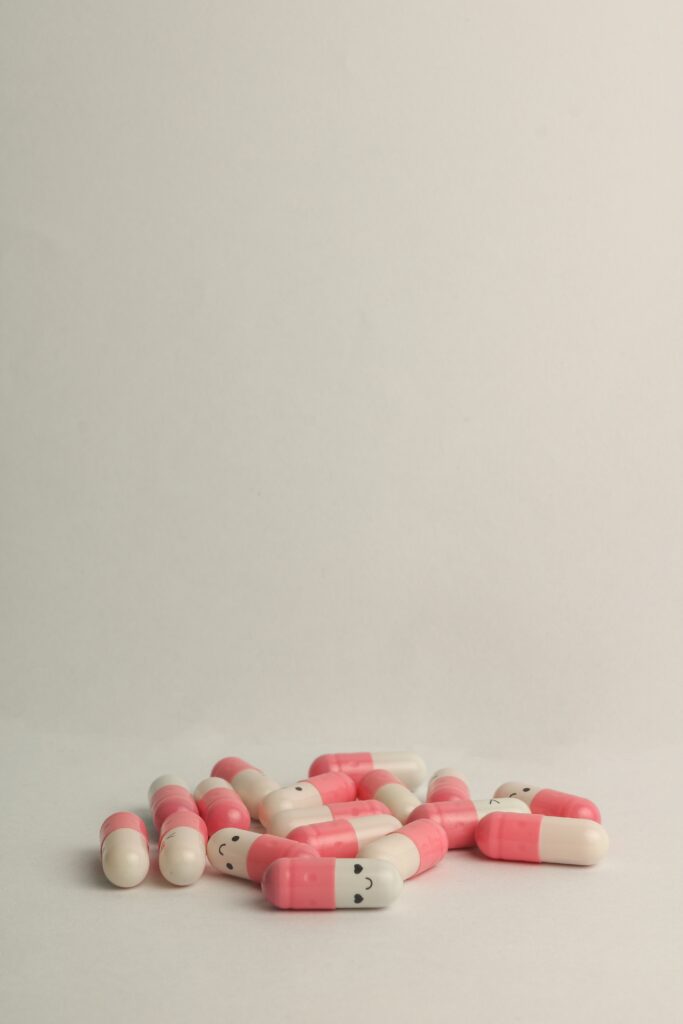This article provides an overview of hiccups, including their causes and treatment options. Hiccups are involuntary spasms of the diaphragm accompanied by a distinct “hic” sound. They can happen to anyone, regardless of age, and are usually harmless. However, if hiccups persist for an extended period, they may be indicative of an underlying medical condition. The article explores various factors that can trigger hiccups, such as eating and drinking habits, stress, and certain medications. It also discusses the potential complications associated with prolonged hiccups and presents remedies for managing and preventing them. Overall, this comprehensive guide aims to offer insights into understanding and addressing hiccups effectively.
Causes of Hiccups
Hiccups are involuntary contractions or spasms of the diaphragm muscle, often accompanied by a ‘hic’ sound caused by the closure of the vocal cords. While hiccups are usually harmless and transient, lasting only a few minutes to a couple of hours, in some cases, they can persist for a longer duration and may be indicative of an underlying medical condition. The exact cause of hiccups is not fully understood, but several factors have been identified as potential triggers. This article will explore the various causes of hiccups and discuss each in detail.

Low Levels of Carbon Dioxide in the Blood
One possible cause of hiccups is low levels of carbon dioxide (CO2) in the blood. Carbon dioxide plays a crucial role in regulating the pH balance in the bloodstream. When CO2 levels drop below normal, it can disrupt the body’s acid-base equilibrium, leading to hiccups. Low CO2 levels can be caused by hyperventilation, which may occur during periods of anxiety or stress, or as a side effect of certain medical conditions.
Irritated Nerves
Irritation of the nerves that control the diaphragm can also trigger hiccups. The diaphragm is innervated by the phrenic nerve, which originates from the neck and travels downward, and the vagus nerve, which connects the brain to the stomach. When these nerves become irritated or compressed, they can send abnormal signals to the diaphragm, resulting in hiccups. Irritation of these nerves can be caused by various factors, such as gastroesophageal reflux disease (GERD), tumors, or nerve damage.

Phrenic Nerve and Vagus Nerve Dysfunction
Dysfunction of the phrenic nerve or vagus nerve can also lead to hiccups. Phrenic nerve dysfunction can occur due to injury or trauma to the neck or chest area, resulting in impaired nerve signals to the diaphragm. Similarly, vagus nerve dysfunction can disrupt the normal coordination between the brain and the stomach, leading to hiccups. Underlying medical conditions, such as diabetes or neurological diseases, can contribute to nerve dysfunction and subsequent hiccups.
Eating and Drinking Habits
Hiccups can be triggered by certain eating and drinking habits. Eating or drinking too quickly can cause the stomach to expand rapidly, putting pressure on the diaphragm and triggering hiccups. Consuming carbonated beverages or alcohol can also irritate the diaphragm and cause spasms. Additionally, overeating or consuming spicy or greasy foods can contribute to hiccups by causing indigestion or acid reflux.

Stress and Anxiety
Stress and anxiety have long been recognized as potential triggers for hiccups. Emotional or psychological stress can stimulate the sympathetic nervous system, leading to changes in breathing patterns and increased diaphragmatic activity. This increased diaphragmatic stimulation can result in hiccups. The link between hiccups and stress or anxiety is further supported by the fact that relaxation techniques, such as deep breathing exercises or meditation, can often alleviate hiccups.
Neck Stretching
Overstretching or straining the neck muscles can irritate the nerves that control the diaphragm, leading to hiccups. Activities such as neck manipulation, sudden head movements, or prolonged poor posture can cause muscle tension and nerve irritation. This irritation can then manifest as hiccups.
Medication Side Effects
Certain medications have been associated with causing hiccups as a side effect. Benzodiazepines, commonly prescribed for anxiety disorders, have been known to induce hiccups in some individuals. The exact mechanism by which these medications trigger hiccups is not well understood but may be related to their effects on the central nervous system.
Inhalation of Toxic Fumes
Inhaling toxic fumes, such as those produced by chemicals or certain irritants, can irritate the respiratory system and trigger hiccups. Chemical exposure or inhalation of noxious substances can stimulate the nerves in the respiratory tract, including those connected to the diaphragm, causing it to contract involuntarily.
Post-surgery and Recovery
Hiccups can occur as a result of surgery or during the recovery period. The stress placed on the body during surgical procedures, particularly in the thoracic or abdominal region, can disrupt the normal functioning of the diaphragm and lead to hiccups. Additionally, the use of anesthesia during surgery can affect the neural signaling involved in diaphragmatic movements, potentially resulting in hiccups post-surgery.
Underlying Medical Conditions
In some cases, hiccups can be a symptom of an underlying medical condition. Several diseases and disorders have been associated with chronic or intractable hiccups. These may include cancer and tumors, strokes, gastrointestinal disorders like GERD, pleurisy of the diaphragm, pneumonia, bowel diseases, pancreatitis, bladder irritation, hepatitis, liver cancer, and tumors or lesions affecting the central nervous system. In such cases, treating the underlying condition is essential to resolving the hiccups.
It is important to note that hiccups are generally self-limiting and do not require medical intervention. However, if hiccups persist for an extended period or are accompanied by other concerning symptoms, it is advisable to seek medical attention. Healthcare providers can evaluate the underlying cause of hiccups and recommend appropriate treatment options to alleviate the condition.
